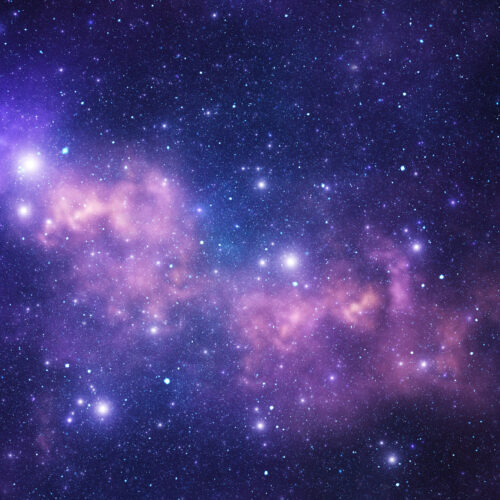A Supercomputer Just Created the Largest Universe Simulation Ever
The Frontier supercomputer's calculations provide a new foundation for simulating the universe's conventional physics, but also the enigmatic behaviors and properties of dark matter.

Physicists including Robert H. Dickle and Fred Hoyle have argued that we are living in a universe that is perfectly fine-tuned for life. Following the anthropic principle, they claimed that the only reason fundamental physical constants have the values we measure is because we wouldn’t exist if those values were any different. There would simply have been no one to measure them.
But now a team of British and Swiss astrophysicists have put that idea to test. “The short answer is no, we are not in the most likely of the universes,” said Daniele Sorini, an astrophysicist at Durham University. “And we are not in the most life-friendly universe, either.” Sorini led a study aimed at establishing how different amounts of the dark energy present in a universe would affect its ability to produce stars. Stars, he assumed, are a necessary condition for intelligent life to appear.
But worry not. While our Universe may not be the best for life, the team says it’s still pretty OK-ish.


© Sololos
Emergent gravity is a bold idea.
It claims that the force of gravity is a mere illusion, more akin to friction or heat—a property that emerges from some deeper physical interaction. This emergent gravity idea might hold the key to rewriting one of the fundamental forces of nature—and it could explain the mysterious nature of dark matter.
But in the years since its original proposal, it has not held up well to either experiment or further theoretical inquiry. Emergent gravity may not be a right answer. But it is a clever one, and it's still worth considering, as it may hold the seeds of a greater understanding.


© APOD